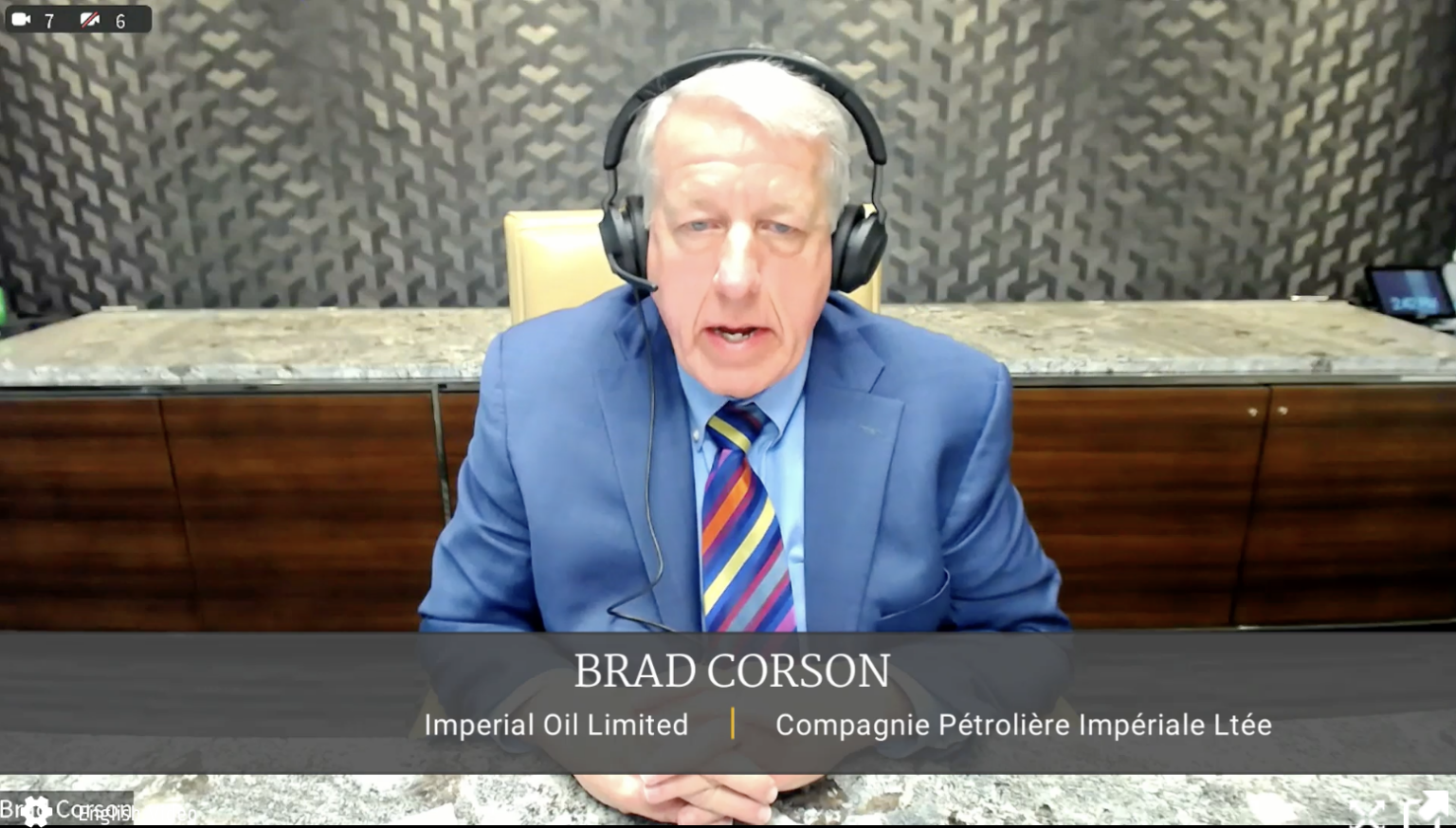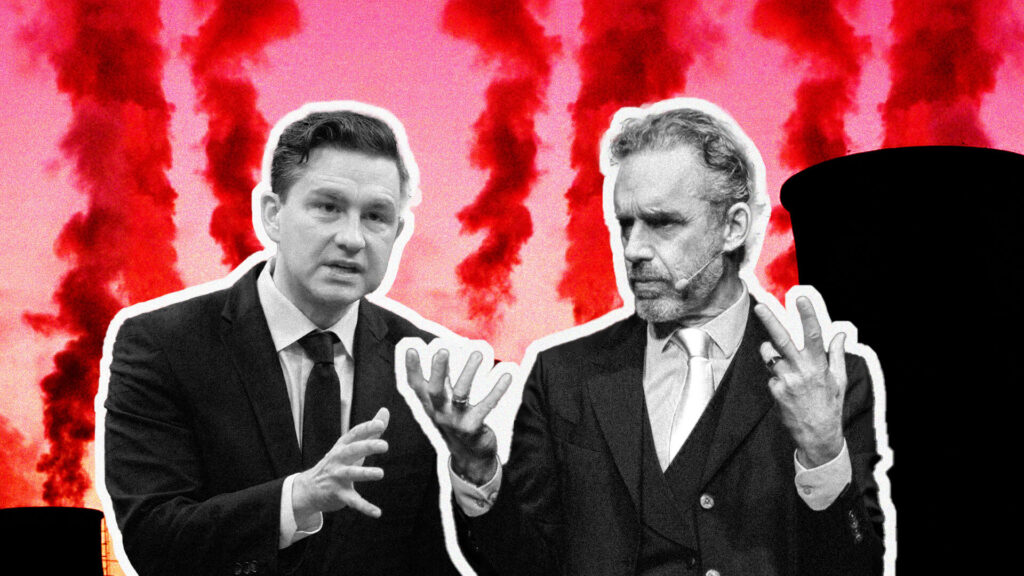Exxon’s Canadian subsidiary Imperial Oil has deleted from its website a document in which its CEO and chairman Brad Corson claims to investors that carbon capture and storage is “critical” to achieving the “climate goals outlined in the Paris Agreement.”
That 2021 investors update is one of at least 39 documents referencing the technology, also known as CCS, that has been removed in recent weeks from the Imperial site following the passage in late June of new anti-greenwashing legislation in Canada, according to a DeSmog analysis.
Known as Bill C-59, the legislation prohibits companies from making green claims unless they can provide credible evidence that their environmental record is actually improving, with penalties of up to $10 million for false statements.
Though Imperial, along with its parent company Exxon, has researched carbon capture and storage for decades, the oil sands producer isn’t offering proof for its frequent assertions to investors and the Canadian public that the technology will enable “net zero emissions.”

Instead, it has either scrubbed digital documents containing statements about carbon capture and storage or prefaced them with a disclaimer. “Due to changes to the Competition Act, this archived information is provided solely for historical information and reference purposes,” it reads. “This information does not constitute an active representation of Imperial.”
“If we were playing poker this would definitely be a tell,” Keith Stewart, senior energy strategist with Greenpeace Canada, told DeSmog. “And I’d be all in on my bet that they are not confident in the statements they have made that carbon capture is a climate solution.”
The company, which didn’t respond to a detailed list of questions, has released a statement saying that it is “steadfast in our commitment to environmental performance and operational emissions reduction” and that one result of the new law is to “to silence Canadian businesses taking climate action.”
CCS: ‘Integral’ or ‘Limited’?
Internal company documents show that Imperial Oil began studying “Underground Disposal of Carbon Dioxide” more than three decades ago. Yet the company wasn’t too enthusiastic about the technology, writing in a 1991 discussion paper that it does not “appear to be economic” and would “achieve a relatively minor impact in reducing CO2 emissions.”
More recent company documents released by U.S. Congressional investigators show that in 2018 Exxon saw only a “limited” role for carbon capture in helping the world to meet 2050 climate goals agreed to at the international COP negotiations in Paris.
Yet in a 2021 call with investors, Imperial’s CEO called CCS “a technology that we view as integral to enabling net zero emissions” and the Paris climate goals.
The following year Corson again touted the potential of CCS to investors, and stated that “our relationship with ExxonMobil also adds significant benefit as we can leverage their more than 30 years of experience and leadership in carbon capture and storage.”
Imperial by that point had joined with five other major Canadian oil sands producers in the Pathways Alliance, a lobbying and marketing organization that has blanketed the country in ads containing such claims as “Carbon capture is an important step towards carbon neutral resource extraction.”
Oil Sands Production at Record Levels
Despite such advertising, Pathways members including Imperial are demanding upwards of $15.3 billion in subsidies from the Alberta and Canadian governments before they can make final investment decisions on CCS. Meanwhile, oil sands production rose last year to a record high of 187.3 million barrels, keeping Canada among the world’s top four oil producers.
After the passage of Bill C-59, the Pathways Alliance immediately scrubbed its entire website. “This is a direct consequence of the new legislation and is not related to our belief in the truth and accuracy of our environmental communications,” it explained.
Some climate and energy experts aren’t so sure.
“It shows how ridiculous the idea of net-zero oil sands is in the first place,” Jordan Kinder, an assistant communications professor at Wilfrid Laurier University and author of the new book Petroturfing, told DeSmog.
Subscribe to our newsletter
Stay up to date with DeSmog news and alerts







